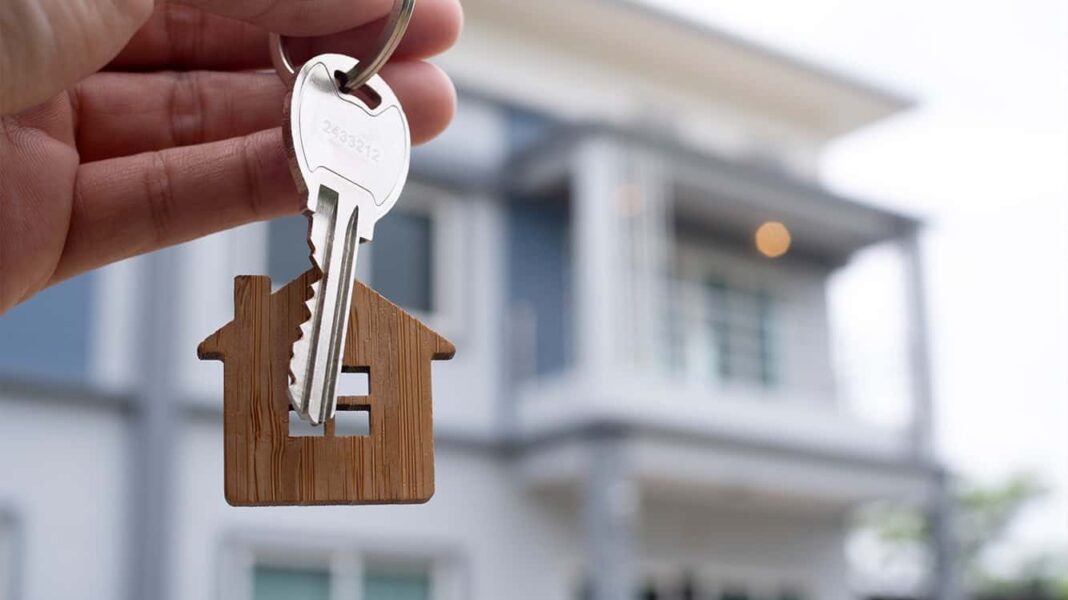Buying a home is one of the biggest financial and emotional investments you’ll ever make. Whether you’re a first-time buyer or a seasoned investor, it’s easy to get overwhelmed and make costly mistakes. Many people rush into the process without proper research, planning, or support—leading to regret down the road.
To help you navigate this complex journey, here are some of the most common mistakes to avoid when buying a home. Avoiding these will not only save you money but also ensure a smooth and rewarding homeownership experience.
1. Not Getting Pre-Approved for a Mortgage
One of the first things you should do before house-hunting is to get pre-approved for a mortgage. Many buyers assume they know how much they can afford, but without a pre-approval, you’re essentially guessing. A pre-approval gives you a clear idea of your budget, strengthens your negotiation position, and speeds up the closing process. Without it, you might fall in love with a home that’s out of reach—or worse, get rejected for financing at the last minute.
2. Skipping the Budget Planning
Buying a home involves more than just the down payment. You must factor in property taxes, legal fees, maintenance, renovation costs, insurance, and monthly mortgage payments. Many people forget to account for these additional costs, leading to financial stress later. Make sure you build a detailed budget and stick to it. Always leave a financial cushion for unexpected expenses.
3. Ignoring Location Factors
Location is everything in real estate. Some buyers get too fixated on the size or style of the home and forget to evaluate the neighborhood. Check for important factors like proximity to schools, public transport, supermarkets, hospitals, and future development plans. Also, consider safety, noise levels, and accessibility.
One example of a prime location worth exploring is Tampines Street 95 EC, which is emerging as one of Singapore’s most promising executive condominium developments. Not only is it well-connected, but it also offers access to essential amenities and family-friendly features.
4. Not Hiring a Trusted Real Estate Agent
Some buyers try to cut costs by skipping the agent, but this can backfire. A reliable real estate agent knows the local market, can point out red flags, and help you negotiate a better deal. They’ll also assist with paperwork, inspections, and coordinate with your lawyer or mortgage broker. Unless you’re extremely experienced, working without a qualified agent is risky.
5. Falling in Love Too Quickly
It’s easy to fall in love with a home at first sight, but emotions shouldn’t drive your decision. Some sellers stage homes to perfection to create emotional appeal, but you must look beyond the surface. Consider functionality, long-term suitability, renovation needs, and value for money. Visit multiple properties, take notes, and compare thoroughly before making a final choice.
6. Skipping the Home Inspection
A home might look flawless on the outside, but hidden problems like plumbing issues, roof leaks, or electrical hazards can cost you thousands later. Always hire a professional home inspector to evaluate the property. Even for new or renovated homes, inspections are crucial. The small fee you pay can save you from major repair bills and heartache.
7. Overstretching Your Budget
Buying a home beyond your means is one of the most dangerous financial mistakes you can make. Banks may approve a larger loan than you need—but that doesn’t mean you should take it. Stretching your budget can lead to a cash flow crunch, especially if interest rates rise or your income changes. Stay within your comfort zone and avoid becoming “house poor.”
8. Not Researching the Developer
If you’re buying a new launch or under-construction property, it’s essential to check the reputation of the developer. Look at their past projects, reviews from previous buyers, delivery timelines, and construction quality. A well-known developer usually delivers on time and meets expectations, but lesser-known ones may compromise on quality or delay completion.
9. Ignoring Resale Value
Your home is not just a place to live—it’s also an investment. Think about how easy it will be to resell the property in the future. Factors like location, layout, condition, nearby amenities, and floor level can affect resale value. Even if you plan to stay long-term, it’s wise to buy a property that will appreciate over time or appeal to future buyers.
10. Not Reading the Fine Prin
When signing any agreement—whether it’s an offer letter, sales contract, or loan document—always read the fine print. Understand the terms and conditions, payment schedule, penalties, cancellation clauses, and your legal rights. If you’re unsure, get a legal expert to review the documents before you sign. Never assume things will “work out later.”
11. Delaying Decision-Making
In a competitive market, waiting too long can cost you the deal. While it’s important not to rush, being overly indecisive can lead to missed opportunities. If a property checks all your boxes and you’ve done your due diligence, don’t hesitate to act. Good properties get snapped up fast—especially in prime areas.
12. Not Considering Future Need
What works for you today may not suit your needs in a few years. Think ahead—will your family grow? Will you need more space? Is there room to expand or renovate? Are you planning to work from home more often? Buy a home that fits your future lifestyle to avoid outgrowing it too soon.
13. Forgetting to Factor in Renovation and Furnishing Costs
Buying a home is just the beginning—you’ll likely need to renovate or furnish it before moving in. This can include anything from basic painting and lighting to complete kitchen remodeling or furniture shopping. Always budget for these additional costs. Many new homeowners make the mistake of blowing their entire savings on the purchase alone and then struggle to make the house livable.
14. Poor Timing
Timing matters in real estate. Buying during a seller’s market can mean higher prices and more competition. If possible, monitor market trends and try to buy when prices are stable or slightly down. Also, consider your personal timing—don’t buy a home just because everyone else is doing it or you feel pressured.
Conclusion
Buying a home is a dream come true, but only if done wisely. The process involves a lot of money, planning, and emotions—so it’s important to stay informed and objective. Avoiding these common mistakes will make your homebuying journey smoother, more affordable, and ultimately more fulfilling.
Take your time, do your homework, consult the right experts, and trust your instincts. And remember, your dream home isn’t just about bricks and mortar—it’s about creating a space that suits your life, your goals, and your future.


